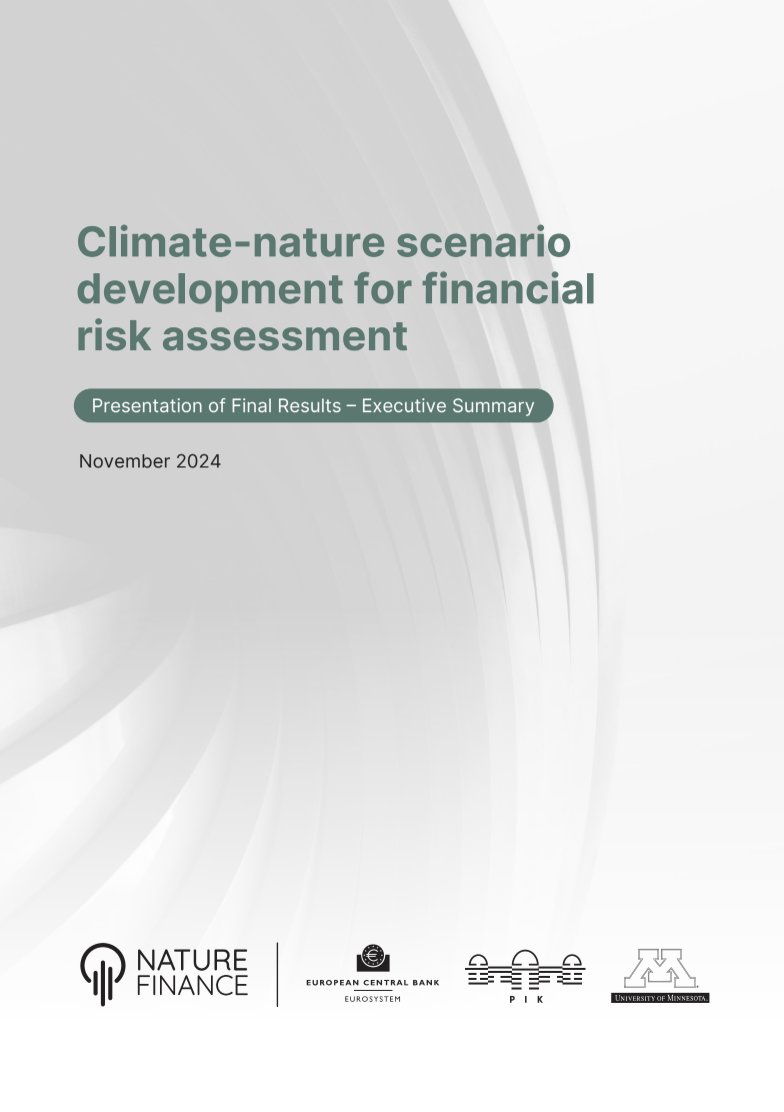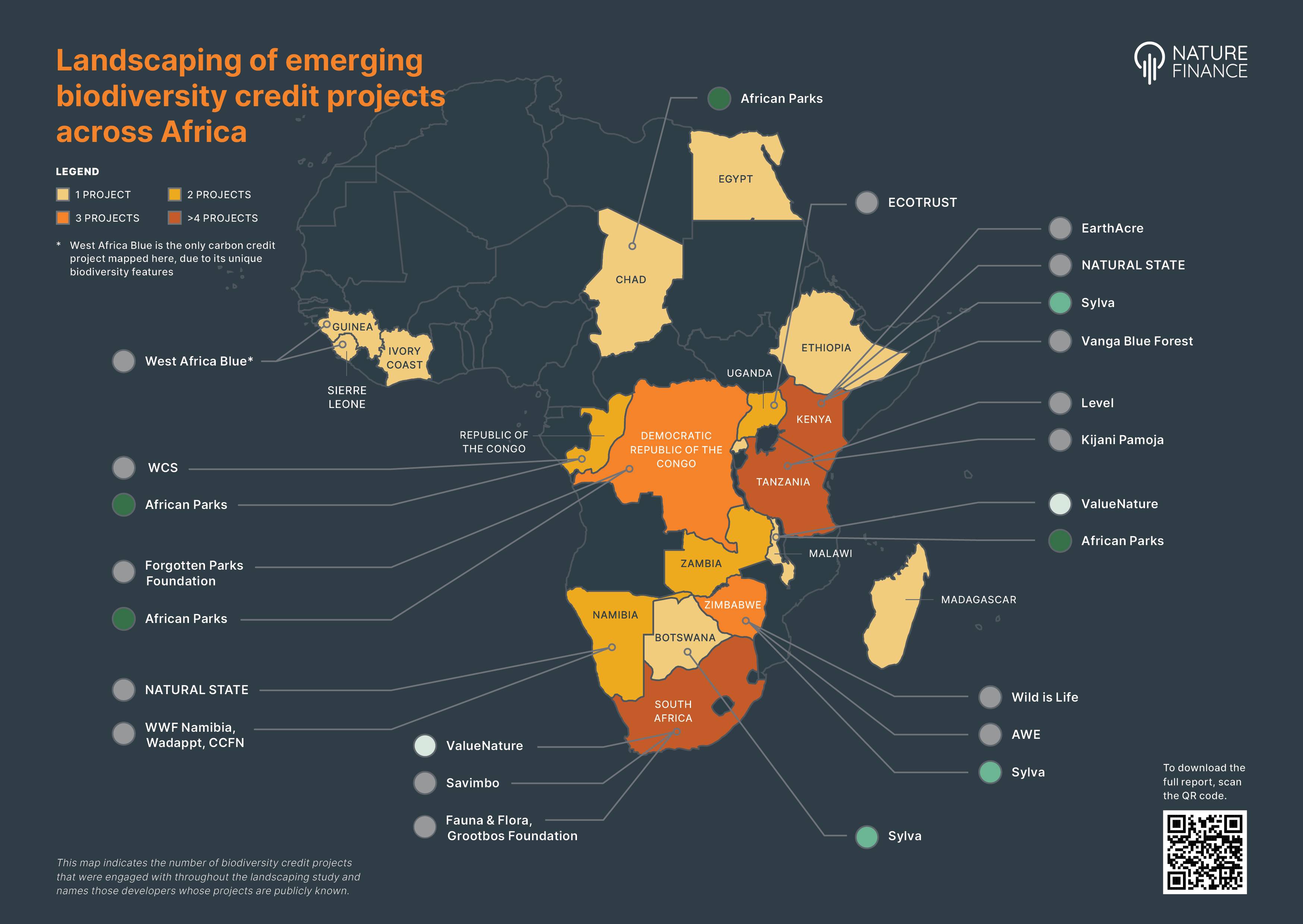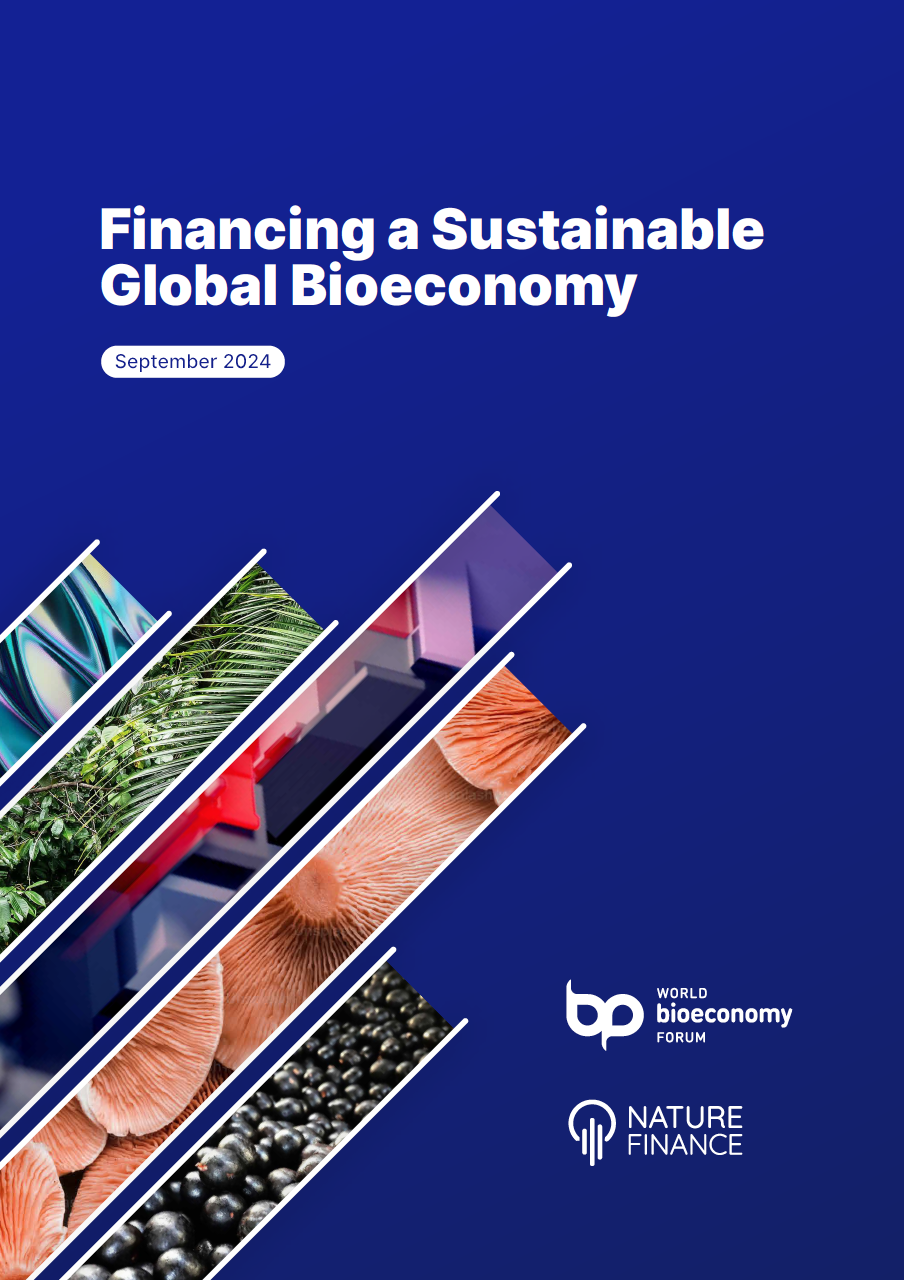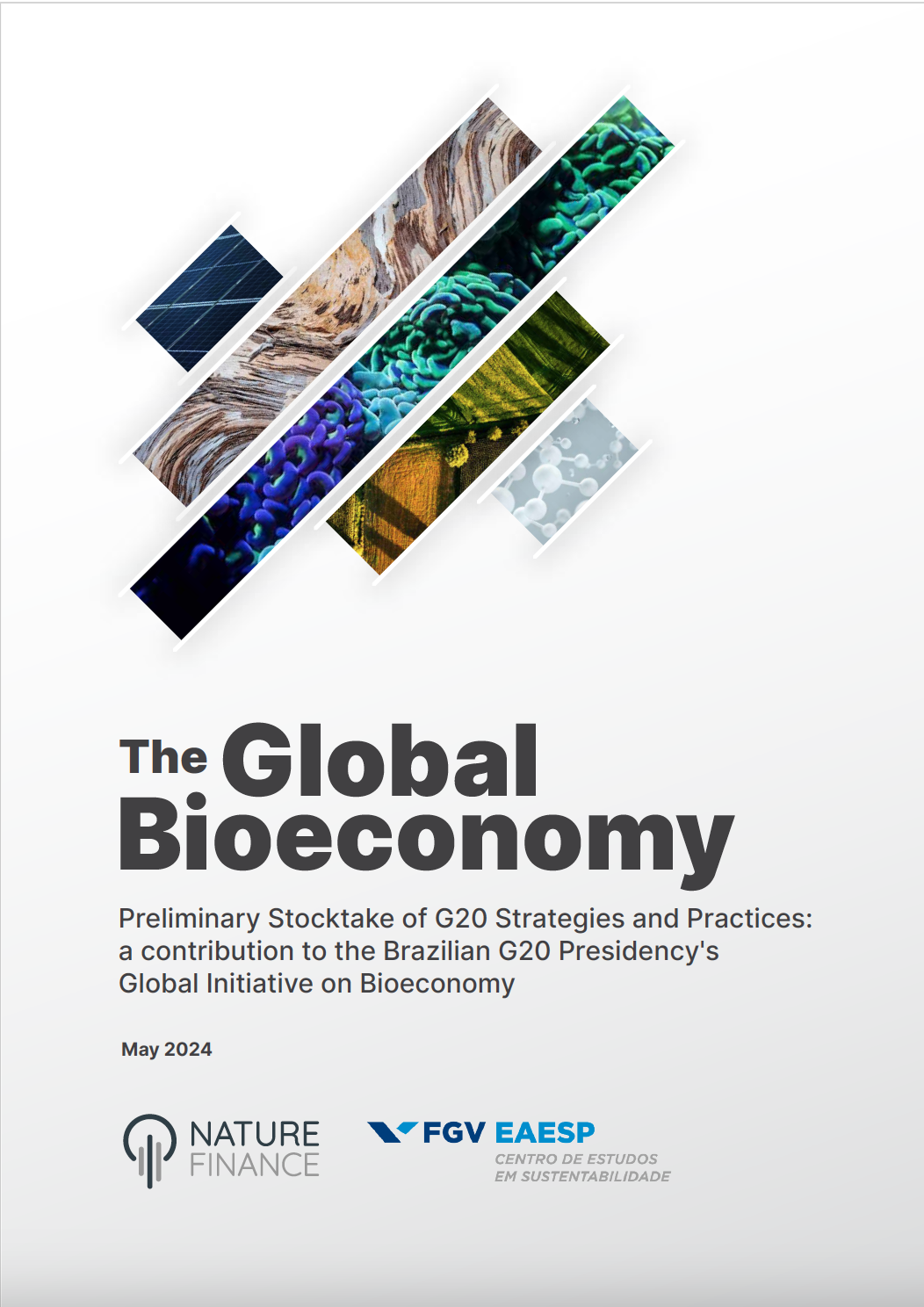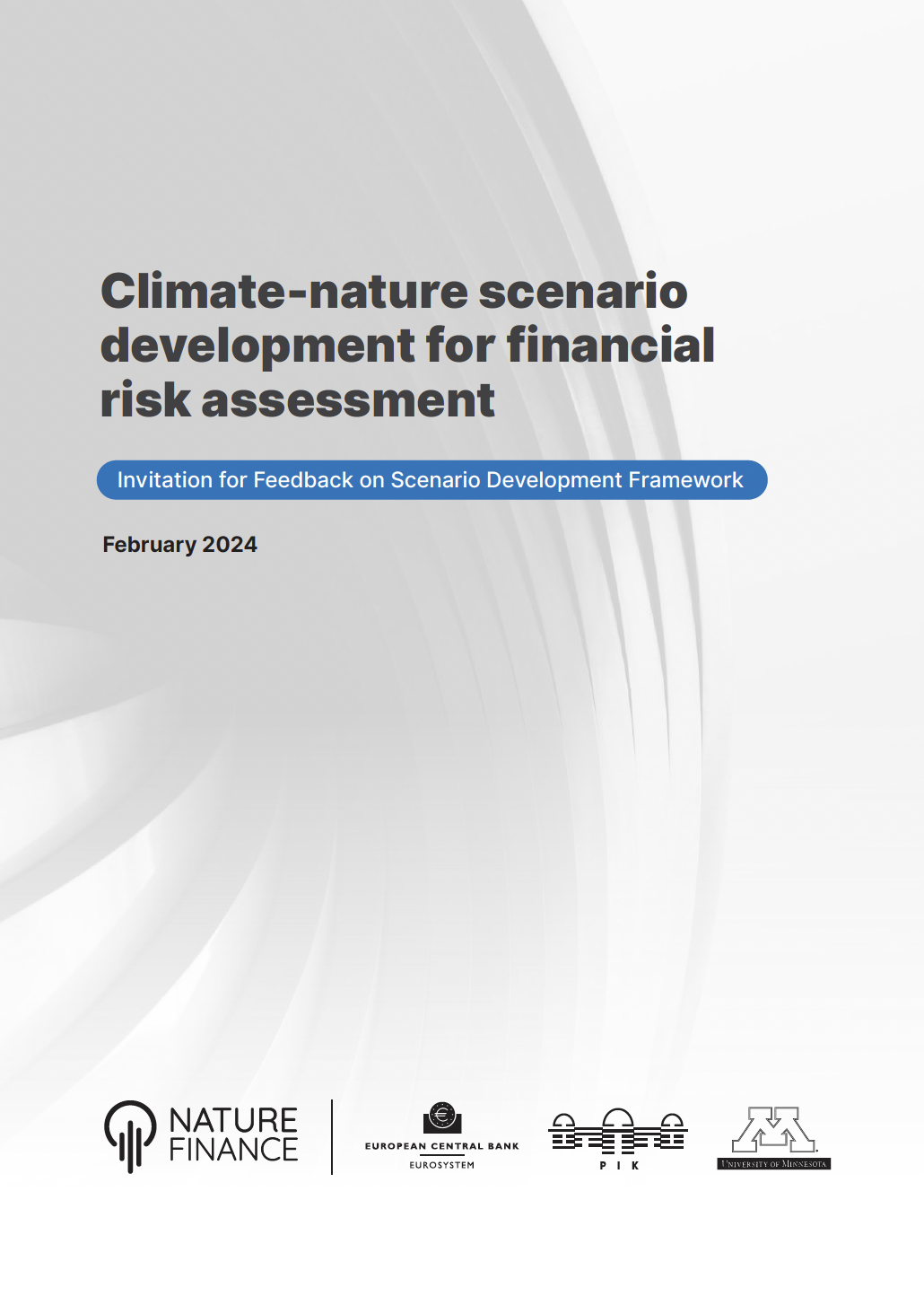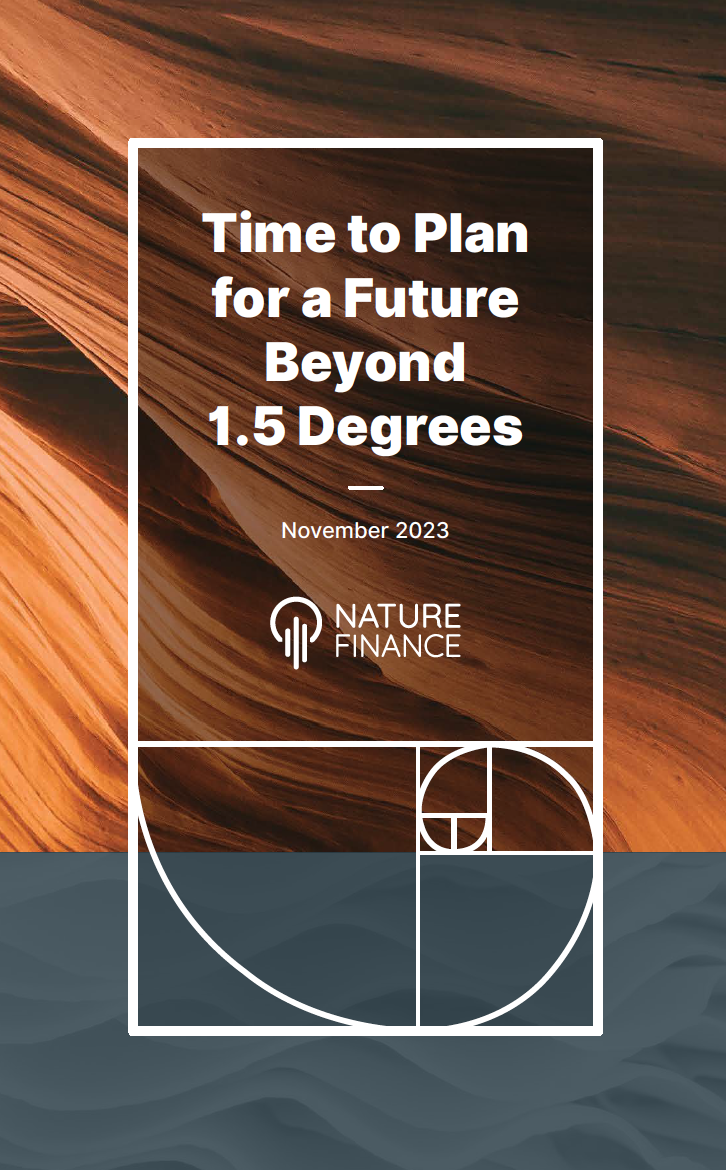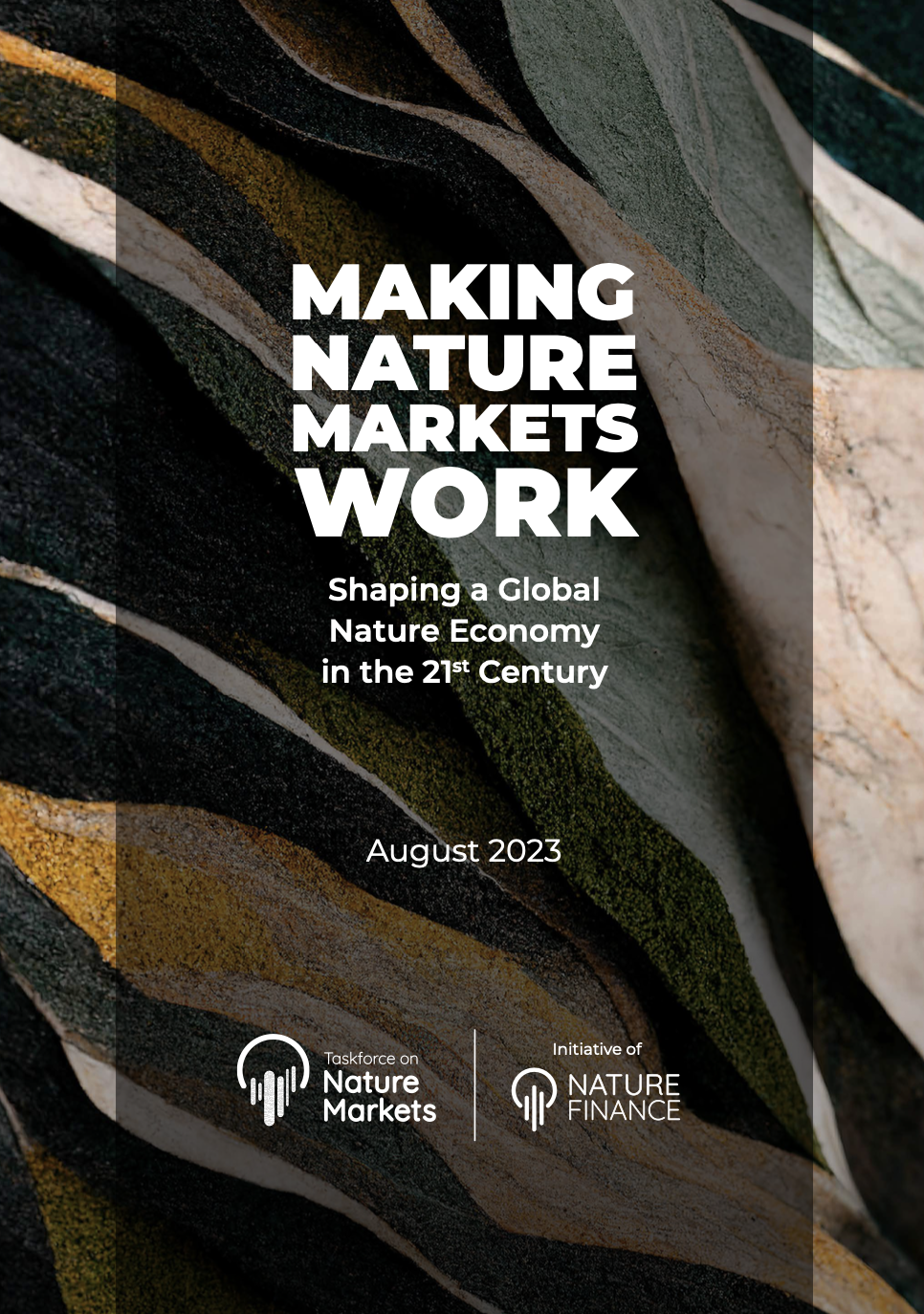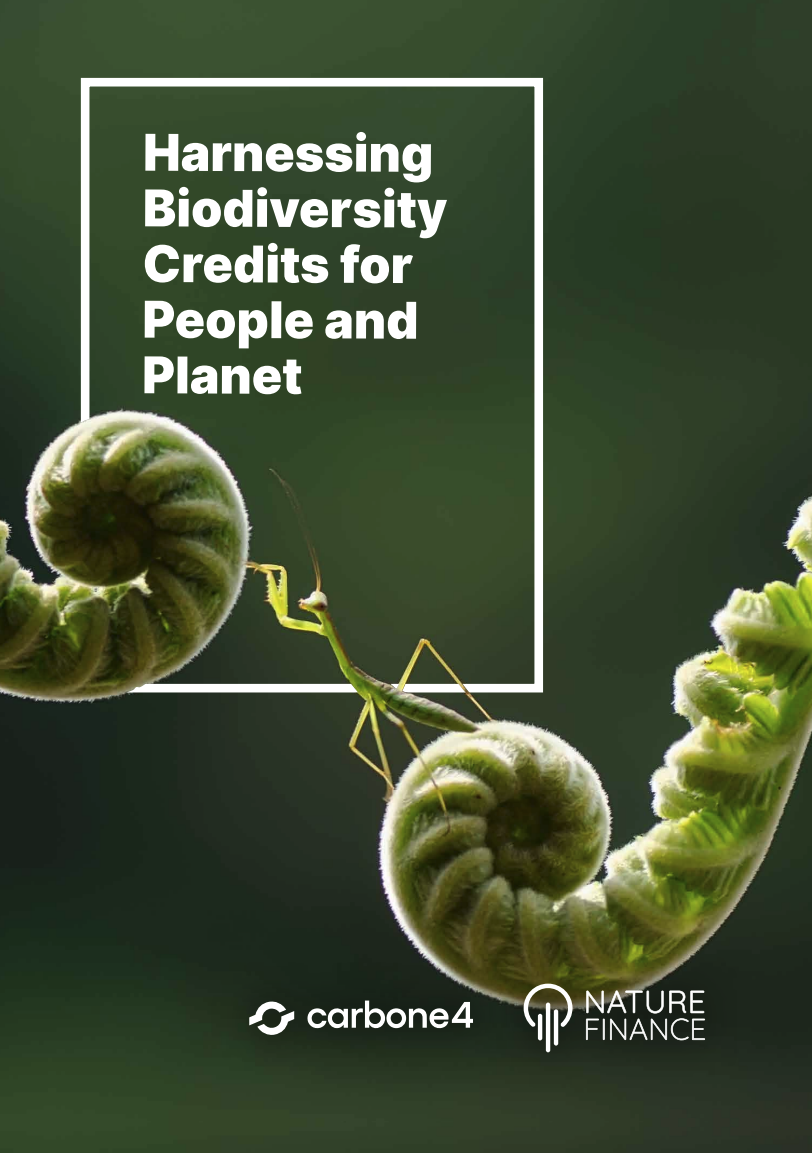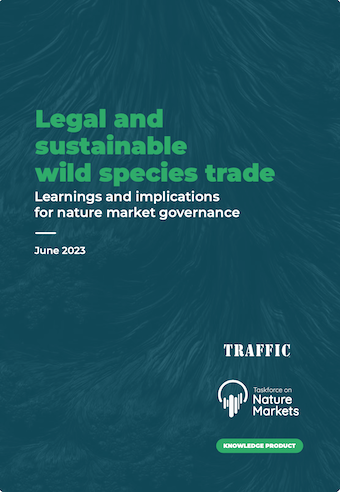The bioeconomy holds immense potential for an equitable, nature-positive future. With scalable innovation, its estimated $4 trillion value is expected to grow to $30 trillion. By producing food, energy, and materials from renewable resources and blending traditional knowledge with cutting-edge technology, countries are accelerating green and equitable growth.
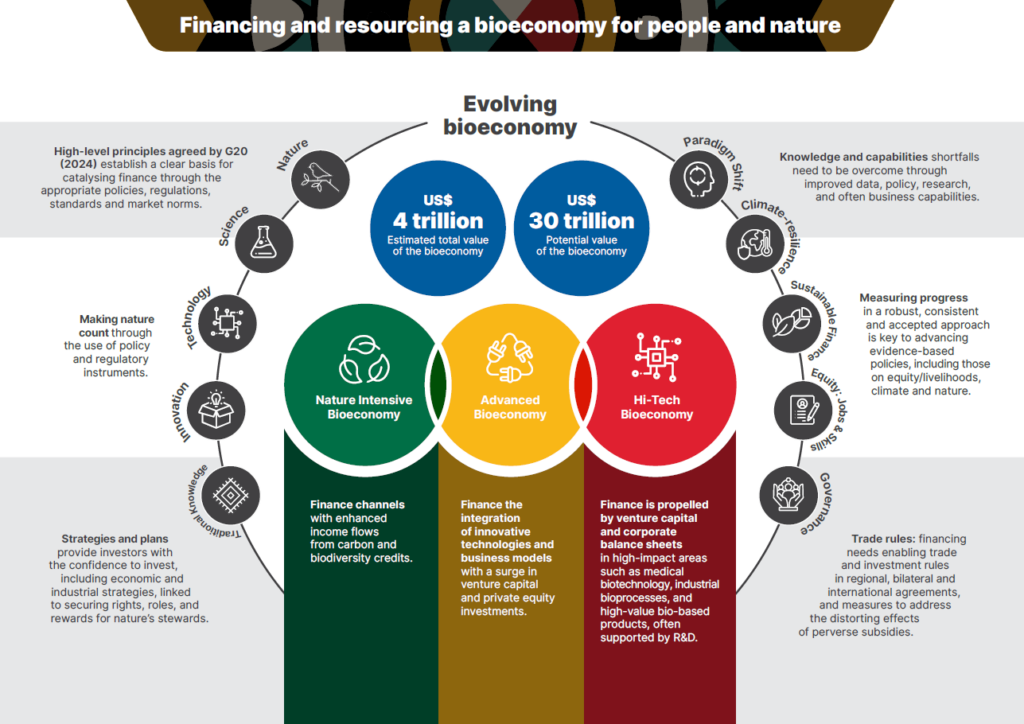
From nutrient-rich seaweed fertilizers to mycelium-based building materials, bioeconomy-driven solutions are shaping a sustainable future. This transition creates jobs, reduces inequalities, and strengthens resilience for people, nature, and the climate.
Under Brazil’s G20 Presidency, the world’s largest economies agreed to 10 High-Level Principles on the Bioeconomy, marking the first time that the bioeconomy was addressed in a multilateral agreement. These principles emphasize social equity, sustainable prosperity, and alignment with climate and nature goals. They also promote science-based decisions, common metrics, global and local considerations and supportive trade and finance frameworks.
The Principles were developed by the G20 Initiative on Bioeconomy (GIB) to establish global standards for a fair and sustainable bioeconomy among countries with diverse bioeconomy approaches. When governments keep the bioeconomy at the top of the economic agenda, while preventing unchecked and unregulated extractive practices, we can move forward towards a new economic model. Now is the time to turn this vision into action and align the international financial and economic architecture with the imperatives of a just and sustainable bioeconomy.
South Africa has a unique opportunity to lead. It can leverage its pioneering Bioeconomy Strategy and the 2025 G20 Presidency to implement the High-level Principles. With Brazil set to advance bioeconomy discussions at the UN Climate COP30 and Malaysia championing the cause during its ASEAN Presidency, momentum is building for accelerated action.
Learn more about our work to shape an equitable and nature positive economy – www.naturefinance.net/making-change/nature-markets/
Related resources
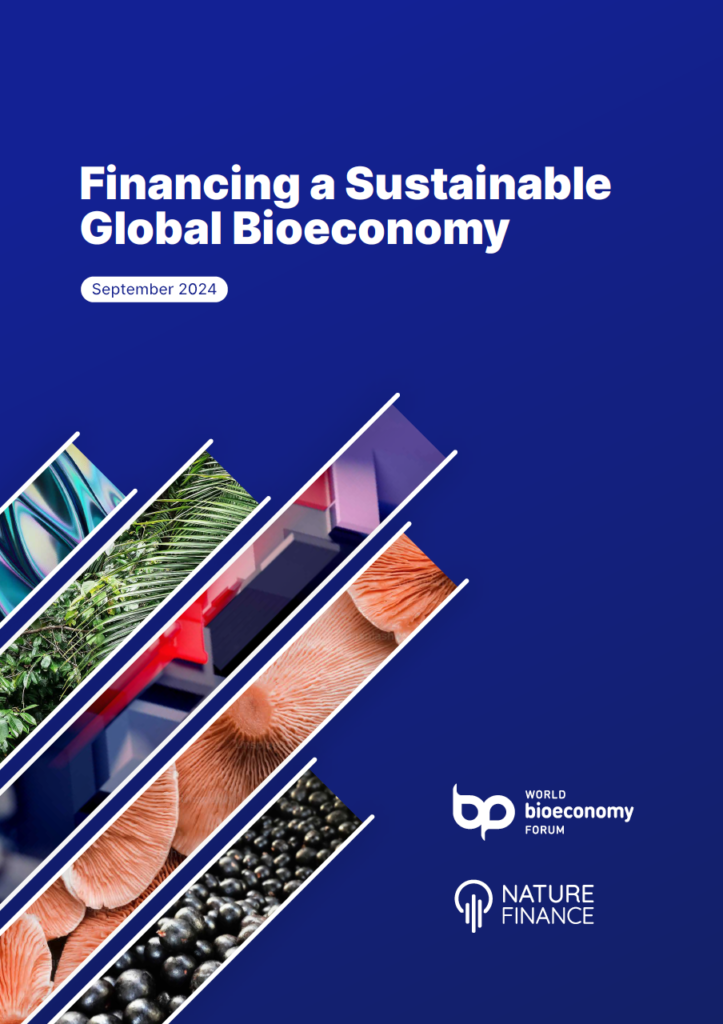
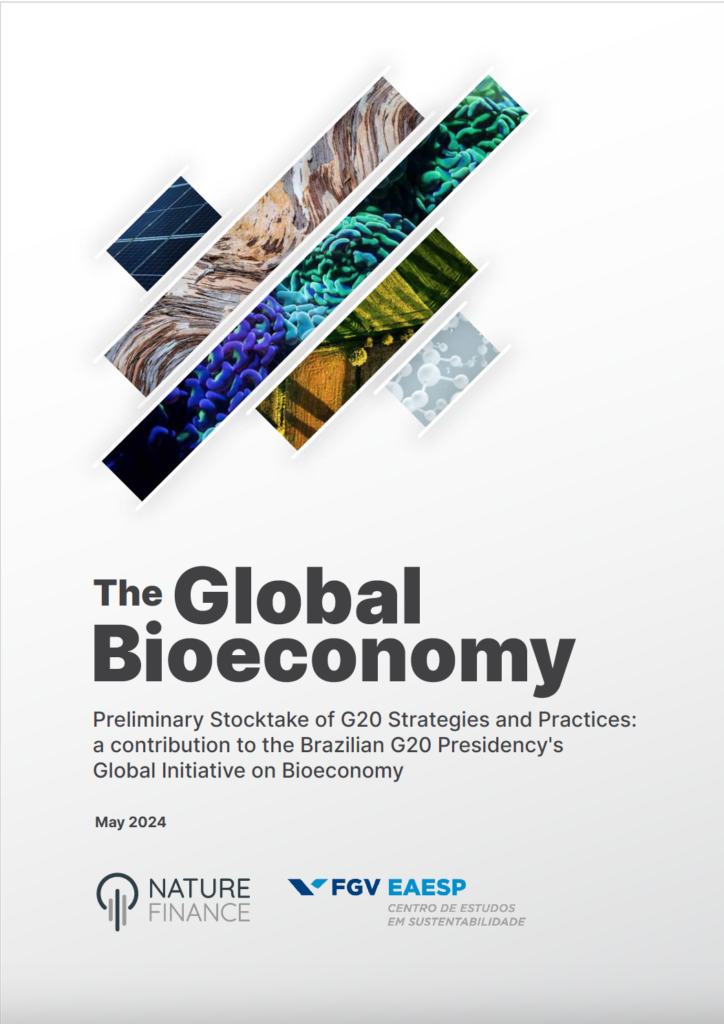
Contact
Monique Atouguia, Africa Lead, NatureFinance, monique.atouguia@naturefinance.net
Luana Maia, Brazil Lead, NatureFinance, Luana.maia@naturefinance.net
